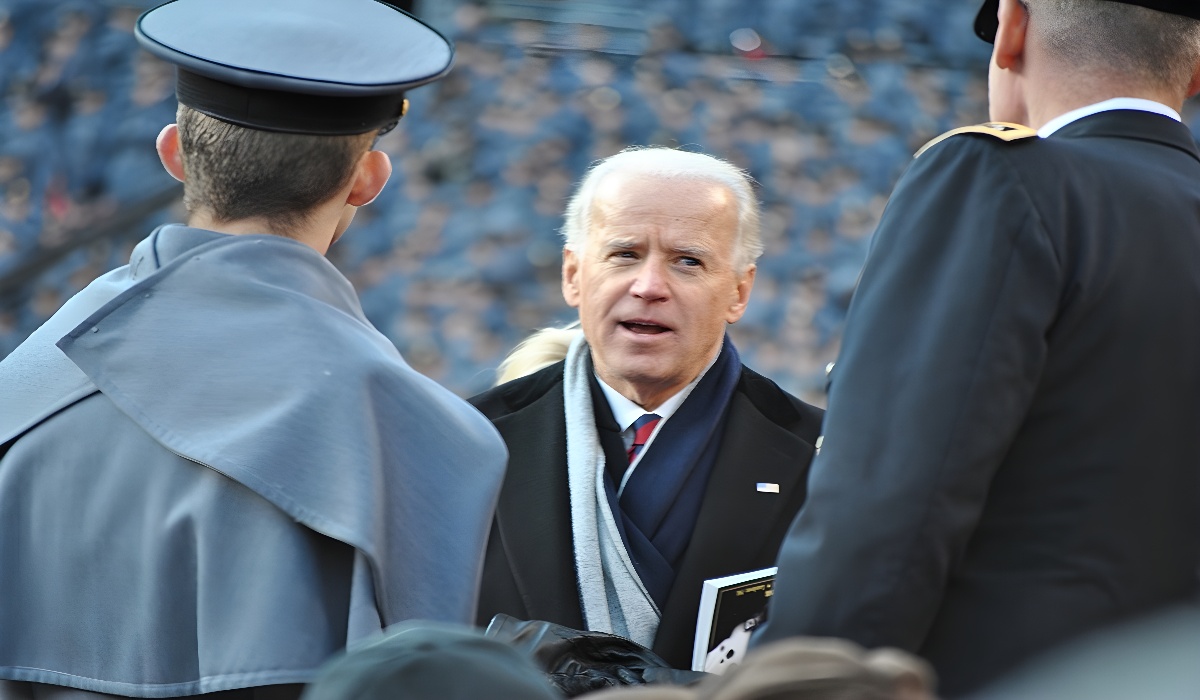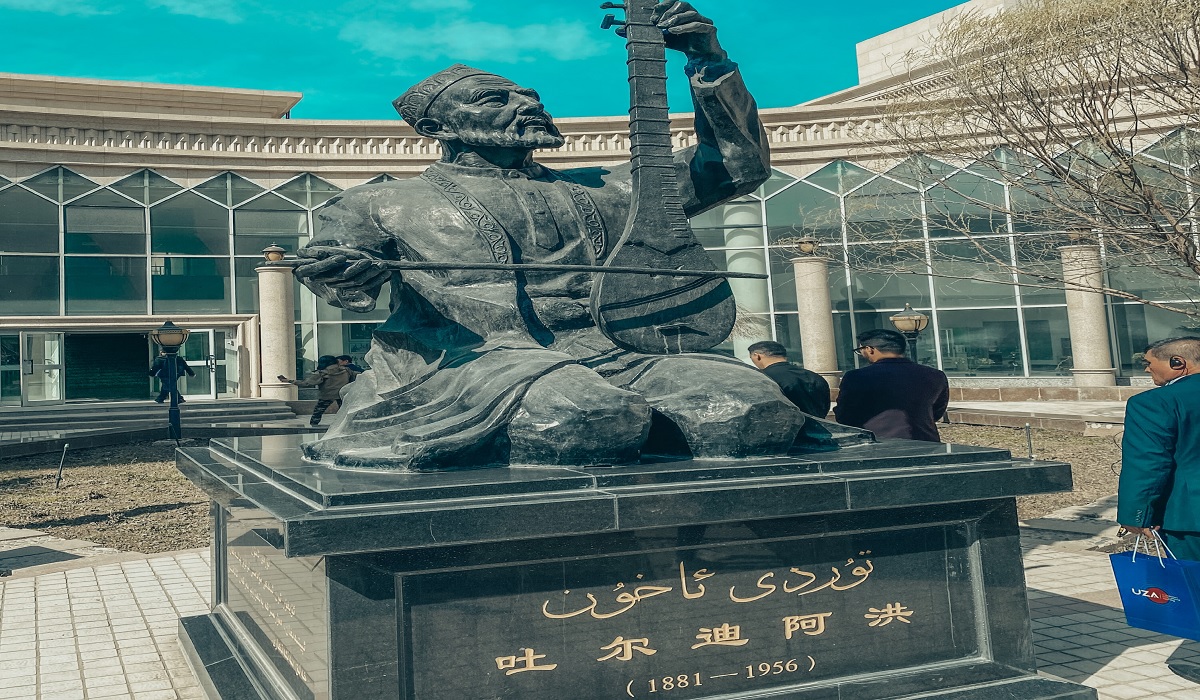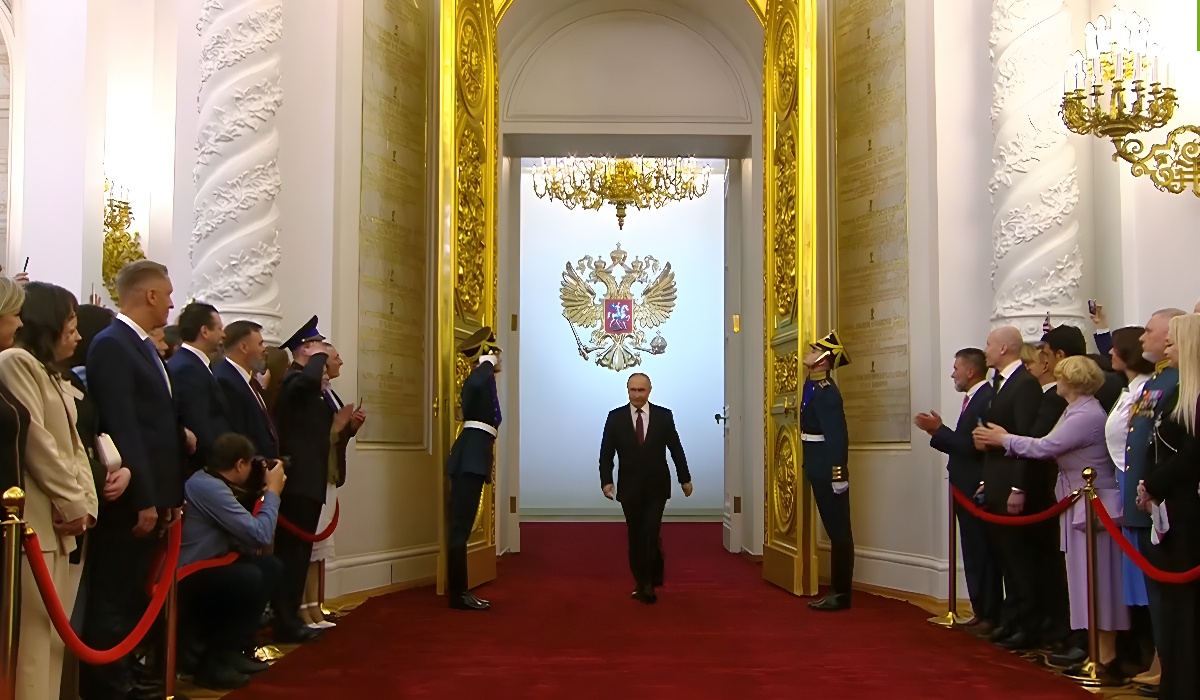The Unholy Matrimony of Sanctions and Government Duplicity: A Tale of Hypocrisy
- Naomi Dela Cruz
- Trending
- World News
- March 15, 2024

In the world of geopolitics, the use of sanctions has become a favored tool of governments seeking to exert pressure on other nations. Often justified under the banner of ideology or as a response to perceived wrongdoing, sanctions are implemented with the aim of isolating and punishing regimes deemed hostile or non-compliant. However, beneath the surface lies a glaring hypocrisy—the cozy relationship between sanctions and government duplicity.
Take, for instance, the case of the sanctions imposed by Western powers such as Canada, the United States, and Britain against Russia in response to its actions in Ukraine. These sanctions effectively prohibit their citizens from engaging in business dealings with the Kremlin. Yet, despite the strictures placed on ordinary citizens, a different reality unfolds when it comes to government-to-government transactions.
Hundreds of billions of dollars continue to flow between these same governments imposing sanctions and the Kremlin, often in the form of oil transactions. This glaring contradiction exposes the inherent flaw in the system—governments exempting themselves from the very restrictions they impose on their citizens.
The irony is compounded by the fact that sanctions often fail to achieve their intended goals, particularly in the case of oil-rich nations. Countries reliant on oil exports to Western markets have seen their GDPs soar, thanks to the increased revenues generated from these exports. Far from crippling their economies, sanctions have inadvertently bolstered them, fueling resentment and defiance rather than compliance.
In this tangled web of hypocrisy, it falls upon the citizens to navigate the murky waters of international relations. While ordinary individuals are prohibited from engaging in business with sanctioned nations, governments are free to do so with impunity. This dissonance highlights the double standards at play, where those in power are exempt from the consequences they impose on others.
Perhaps it is time for governments to heed their own advice and reconsider the efficacy of their sanctions policies. Instead of perpetuating a cycle of duplicity and hypocrisy, there is a need for transparency and accountability in international relations. Only then can the true goals of diplomacy and peace be achieved, free from the shackles of political expediency and self-interest.
The unholy matrimony of sanctions and government duplicity serves as a stark reminder of the inherent contradictions within the realm of geopolitics. Until governments are willing to hold themselves to the same standards they impose on others, the cycle of hypocrisy will continue unabated, leaving ordinary citizens to bear the brunt of their leaders’ decisions. It is time for a paradigm shift—one rooted in fairness, equity, and genuine cooperation on the global stage.








